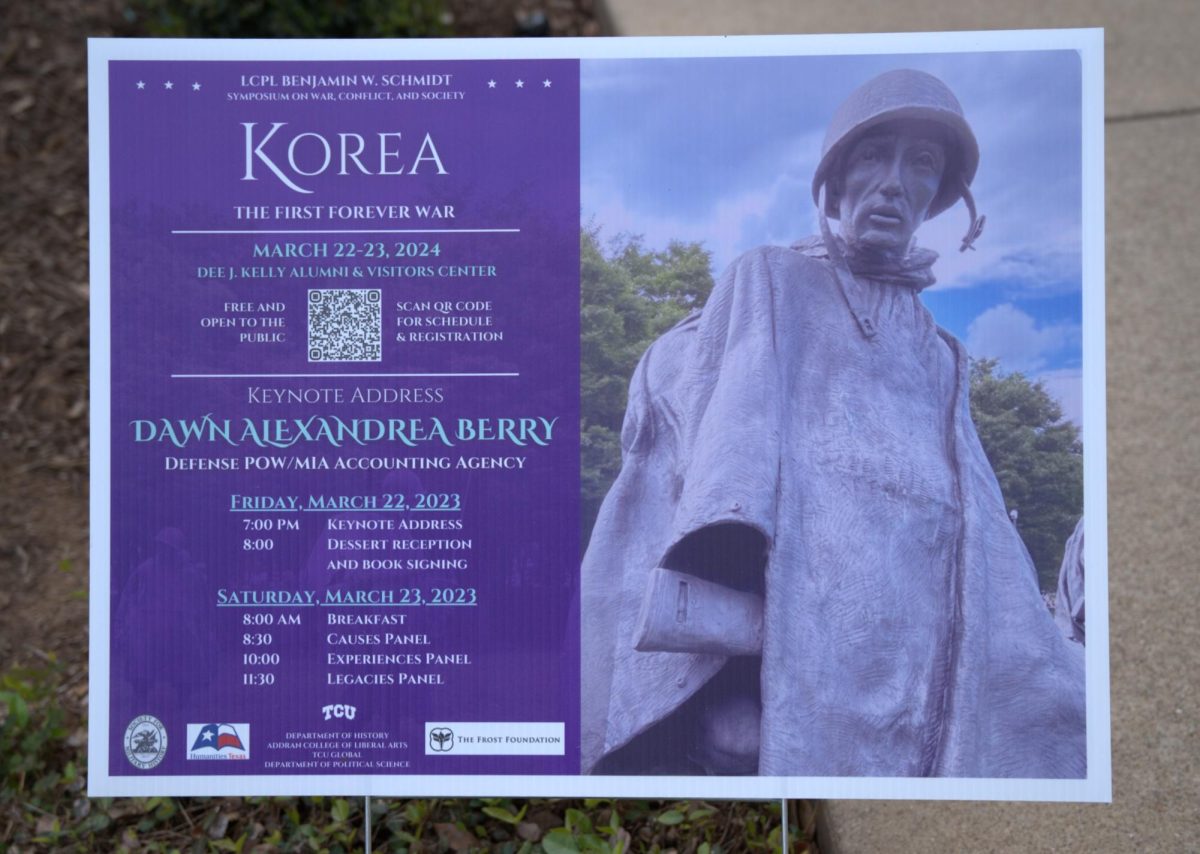We are fast approaching the six-month anniversary since the passage of the controversial health care reform bill. The Patient Protection and Affordable Care Act and the Health Care and Education Reconciliation Act of 2010, which amended the previous bill, were the subject of numerous controversies, ranging from the bill’s constitutionality to whether health care reform was truly needed in the United States.
Yet the most controversial parts of the whole health care reform saga were about what was truly in the legislation. There were rumors of government-funded abortions and the infamous government-run death panels, among other things.
There was not a sure sense of what was really in the reform bill because of the sheer length of it and the language in which it was written. As bills grow more and more complex to try and confront the challenges we face, there will be more confusion about what exactly they entail and what their effects are.
To combat this rising confusion, we need to establish a sort of national translator for bills 8212; a SparkNotes for legislation 8212; so that people will see what bills are being proposed and passed and what they mean in clear, understandable language.
Several passages in the health care bill read like this: “in subsection (j)(1)(A), by striking “”(or, beginning with 2007, 1⁄12 of the applicable amount determined under subsection (k)(1)) for the area for the year” and inserting “”for the area for the year (or, for 2007, 2008, 2009, and 2010, 1⁄12 of the applicable amount determined under subsection (k)(1) for the area for the year;”.”
For those not lucky enough to have a law degree or understand legalese, this passage from the health care bill is unintelligible, and the average American would have no idea what it is talking about. Now imagine a bill more than 1,000 pages long, full of passages like this. It would be nearly impossible for anyone without a law degree or a specialty in legislation to understand this bill. And if there is confusion about what is in a bill, it could lead to fear-mongering and rumors, as was evidenced during the health care reform debate.
Confusion over what a bill contains is not a new phenomenon. However, we live in the digital age and the information age, so it is a crime for there to be confusion over what is in a bill. Plus, in the age of the never-ending political cycle with its partisan smears, confusion of what is in a bill can lead to election season lies and smears of the politicians who opposed or were in favor of a piece of legislation. Bills such as the health care reforms and the USA PATRIOT Act have become prime examples for what happens when there’s confusion about what’s in a bill.
The health care bill received significant attention over its length 8212; well over 1,000 pages 8212; and what supposedly existed in it 8212; state-funded abortions, death panels, etc. The USA PATRIOT Act was criticized for being so long that, according to the Michael Moore documentary “Fahrenheit 9/11,” a majority of senators did not read the bill before passing it. There are also numerous anecdotes of senators who hear about what is in the bills they pass from second or third sources.
If bills are becoming so long and complicated that not even the lawmakers of our country will read them, what can you expect of the American public? In order to help average people understand the laws that will impact their lives, there needs to be a national legislative bill summary that provides the actual text of bills, with annotations provided in clear, easy-to-understand language. Doing so would clear up the confusion and smears that have infected our national lawmaking.
Jordan Rubio is a freshman broadcast journalism major from San Antonio.




